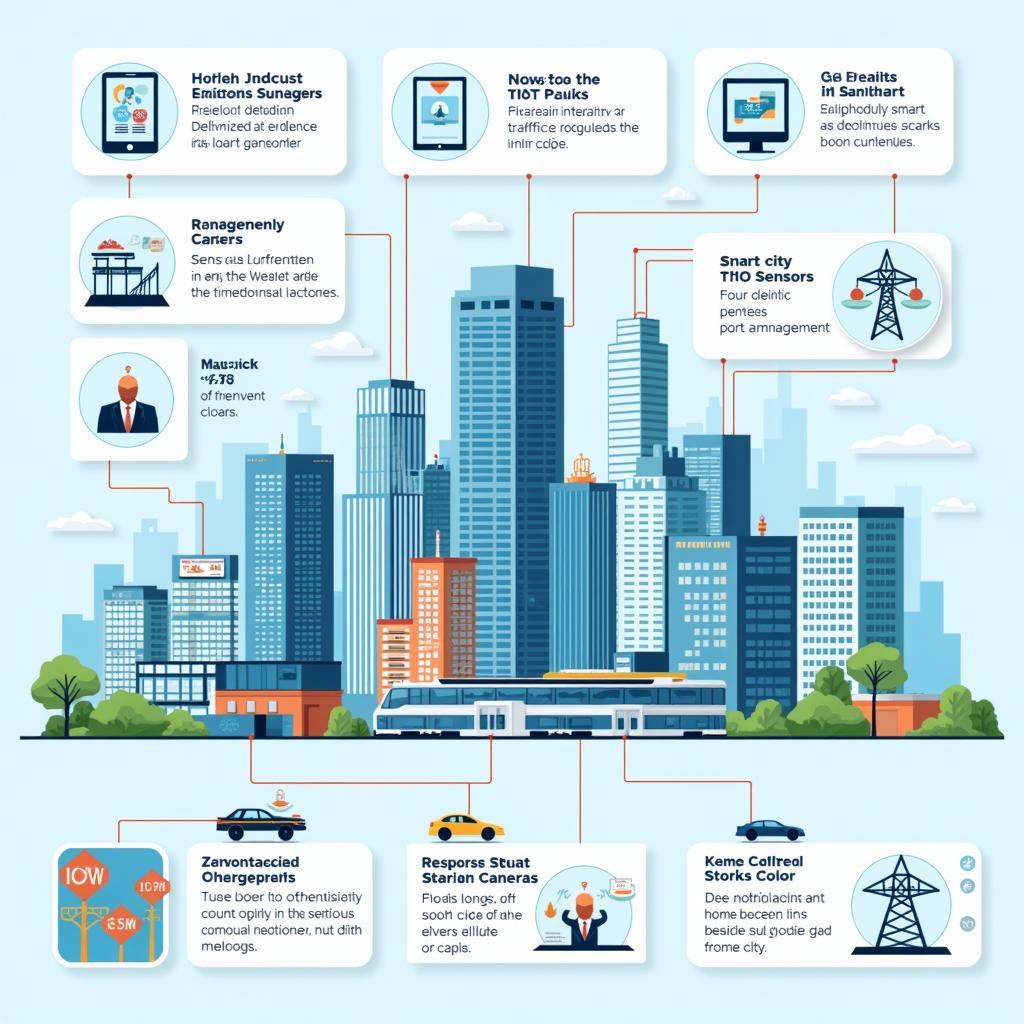Passage 1: The Evolution of Smart Cities
In recent decades, the concept of smart cities has revolutionized urban living, much like The impact of mobile technology on education in developing cultures has transformed learning environments. Smart cities integrate advanced technologies to enhance the quality of life for their residents. These innovative urban centers employ Internet of Things (IoT) devices, artificial intelligence, and sophisticated data analytics to optimize everything from traffic flow to energy consumption.

However, this technological integration raises significant privacy concerns. While smart cities collect vast amounts of data to improve services, questions about data security and personal privacy have emerged. Similar to The influence of global educational apps on student learning, the impact of these technologies extends beyond their primary purpose.
Questions 1-5: Multiple Choice
Choose the correct letter, A, B, C, or D.
- Smart cities primarily use technology to:
A) Replace human workers
B) Improve quality of life
C) Reduce city population
D) Increase tourism
[Continue with full passage and questions…]
Passage 2: Privacy Challenges in Connected Cities
The integration of smart technologies in urban environments presents unprecedented challenges to privacy protection. As cities become more connected, the volume of personal data collected through various sensors and devices increases exponentially. This transformation, while beneficial for urban management, has created new vulnerabilities in personal privacy protection.
Questions 14-26: True/False/Not Given
[Continue with questions and full passage…]
Passage 3: Balancing Innovation and Privacy
The future of smart cities depends largely on finding the right balance between technological advancement and privacy protection. This challenge mirrors the complexities discussed in The impact of climate change on urban environments, where progress must be weighed against potential consequences.
[Continue with full passage and questions…]
Answer Key:
- B